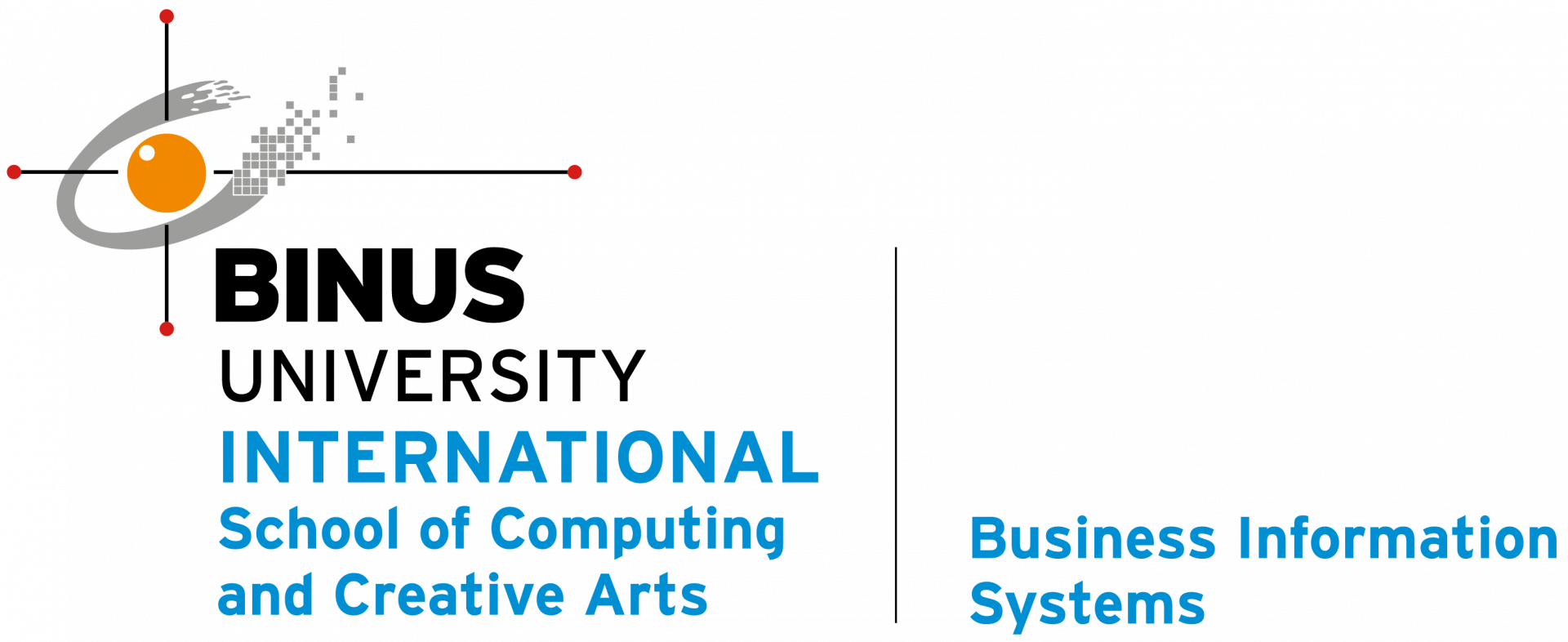Article 6 – Towards Automated Manufacturing Processes
Michael Siek
In the current fourth industrial revolution or Industry 4.0 era, a trend towards automation technologies and data exchanges has played an important role in many manufacturing industries. Several connected fields of study such as cloud technology, internet of things, cognitive computing and artificial intelligence have been intensively employed for the realization of Industry 4.0, which allows the manufacturing machines and processes to be augmented with wireless sensors and connectivity permitting to visualize the comprehensive manufacturing processes and automated decision making.
One recent implementation of automated manufacturing processes has been explored by Siek & Mukti (2019) to automate the car manufacturing processes in Toyota. The authors utilized a so-called process mining as a modeling and analysis tool to automatically generate the actual car manufacturing processes. An event log data comprising of starting and ending time stamps, manufacturing activities, cost and person in charge can be acquired from well-connected wireless sensors as part of Internet of Things. This data is used as a real-time data input for process mining algorithms, like inductive miner and fuzzy miner. These algorithms enable for checking the conformance of the actual car manufacturing processes with the standard ones, identifying the bottlenecks and issues in the car manufacturing processes and automatically making decisions to resolve the underlying problem.
The automated generation of car manufacturing processes using inductive miner from event log data is represented as a Petri net, depicted in Figure 1.

Figure 1. Automated generation of the actual car manufacturing processes using process mining induction algorithm depicted as Petri net representation.
The research conducted by Siek & Mukti (2019) also considered a number of car manufacturing problems, such as process delays, stagnant workflow, mismanagement, faulty production and labor insufficiency. The process modeling and statistical evaluation results indicate a promising leverage of process mining in automotive industry that leads to automated car manufacturing with valuable capabilities for real-time automated process reengineering, auditing and decision making.
References
- Siek and R.M.G. Mukti, “Process Mining with Applications to Automotive Industry”, International Conference on Multidisciplinary Research, 2019.

